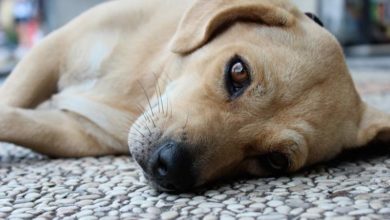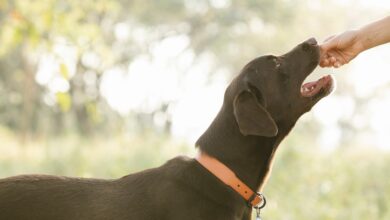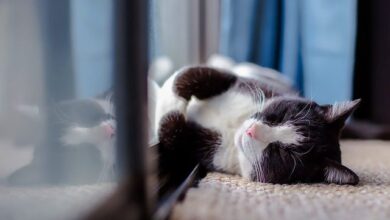Pets help retired owners fall asleep according to new research

Older people who own pets fall asleep more easily and feel consistently more positive about their local environment than those who don’t have animals, according to new research.
The research from Kingston University and St George’s University of London also found older pet owners take considerably more mild and moderate exercise than those without pets.
Health and wellbeing expert Gill Mein and statistician Robert Grant’s research formed part of the Whitehall II study, which began in 1985 and involved more than 10,000 civil servants working across 20 departments in London. Mein was in charge of the retirement element of the study, which examined the links between retirement and health.
Mein said: “We suspected that owning a pet may have some health benefits, so we decided to investigate this as part of our research. We found that as study participants were getting older, many of the questions in the biennial questionnaire to participants were becoming increasingly negative about illness, loneliness, depression.
“From my interviews, I had noticed many people were very involved with their pets as they came into retirement and felt very positive about them, so we decided to include some questions about pet ownership to give people something positive to talk about and to investigate any links with health variables.”
The study found that two in every seven people (27 percent of participants) owned a pet, o which 18 percent owned cats, 11 percent owned dogs and four percent owned fish. The remainder kept birds, rabbits, tortoises, horses, guinea pigs, chickens and hamsters.
While the study found all pet owners seemed to benefit from significantly increased mild and moderate exercise, fell asleep more easily and felt consistently more positive about their neighbourhood, owning a dog had significantly increased results in these areas. .
Mein highlighted the findings related to pet owners’ sleep and their relationship with their local environment as particularly interesting.
She added: “The fact that older people with pets fell asleep more easily than those without could be linked to the increased mild and moderate exercise we saw in this group, and particularly among dog owners.
“The other element I found fascinating was that people with pets felt happier about their local environment. If you walk around your neighbourhood, you feel more comfortable about it – it isn’t necessarily as hostile as it could be if you mainly travel in a car or use public transport as you know it a bit better, it’s more familiar.”
Grant explained that he and Mein had set out with a series of hypotheses to investigate how pet ownership impacted on people’s lives as they got older.
Grant said: “The study was exploratory in nature, so we went looking for connections between the people’s attributes, their pets and their health.
“While those who took part in the Whitehall II study are not entirely representative of the population of retired people in Britain, the findings are still significant and reveal some interesting benefits to pet ownership for certain older people. The sleep and neighbourhood perceptions are the really new aspects that haven’t been looked at before.”













